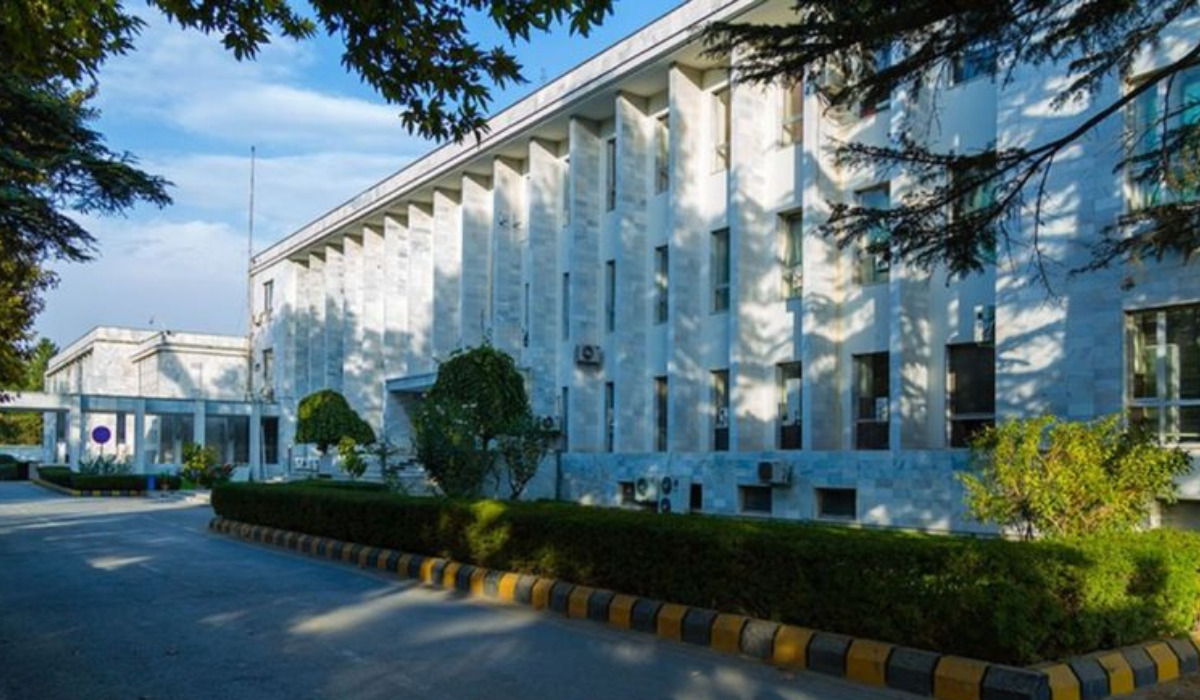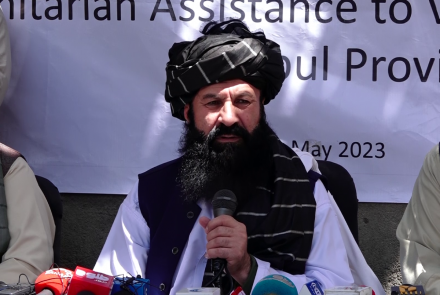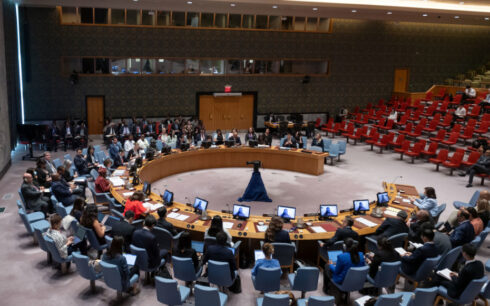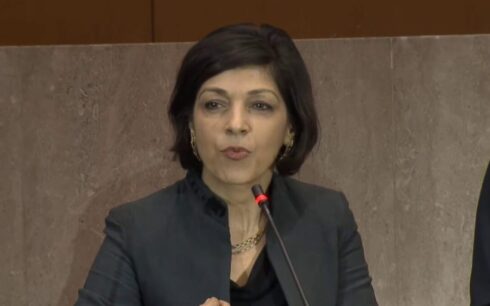KABUL, Afghanistan — The Taliban on Wednesday welcomed a decision by Russia’s parliament to consider removing them from Moscow’s list of designated terrorist organizations, calling it a positive step toward strengthening ties between Afghanistan and Russia.
In a statement issued by the Taliban’s Ministry of Foreign Affairs, the Taliban said the move could pave the way for “enhanced relations” and contribute to regional stability and security.
“This decision is a positive step for bilateral cooperation and the development of diplomatic relations aimed at achieving peace and stability,” the statement read.
On Tuesday, Russia’s lower house of parliament, the State Duma, approved a bill in the first of three required readings that would allow for the removal of the Taliban from its list of banned terrorist organizations.
While no country officially recognizes the Taliban government, which came to power in August 2021 following the chaotic U.S. withdrawal from Afghanistan, Russia has steadily increased its engagement with the Taliban. In July, Russian President Vladimir V. Putin described the Taliban as an ally in combating terrorism.
Moscow views extremist groups operating across regions from Afghanistan to the Middle East as a significant security threat, concerns that have intensified following the recent overthrow of Syrian President Bashar al-Assad, a key Russian ally.
Russia’s focus on regional stability was underscored in March when an attack on a concert hall near Moscow killed 145 people. The Islamic State claimed responsibility for the attack, and U.S. officials later suggested the branch of the group, known as ISIS-K, was behind it.
The Taliban, however, have maintained that they are actively working to eliminate ISIS-K’s presence in Afghanistan.
Despite increasing engagement with Russia, the Taliban face significant hurdles in gaining international recognition. Western diplomats have made it clear that the Taliban’s path to legitimacy is blocked until it reverses its policies on women’s rights.
Since returning to power, the Taliban have banned girls and women from attending schools and universities and imposed strict limitations on their movement without a male guardian.





